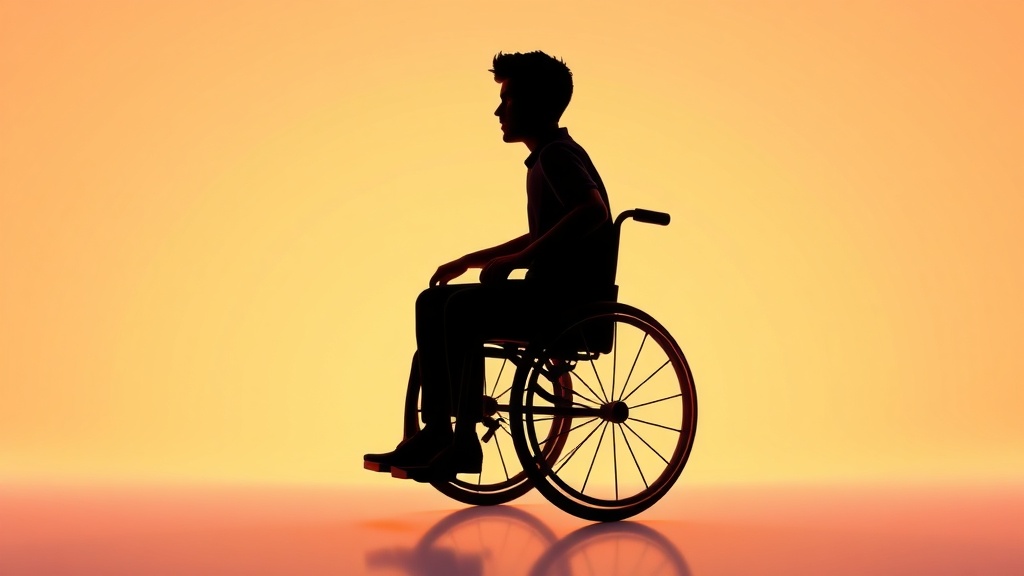Home / Technology / Disability Rights Win: Data Rules Separate PwDs from Children
Disability Rights Win: Data Rules Separate PwDs from Children
18 Nov
Summary
- Persons with disabilities are now separated from children in data consent rules.
- Activists hail the separation but seek clarity on guardianship laws.
- New rules aim to prevent infantilization of disabled individuals online.

The Ministry of Electronics and Information Technology in India has amended the Digital Personal Data Protection Rules, 2025, following advocacy from disability rights groups. A significant change in the notified rules separates persons with disabilities from children concerning guardian consent for data processing. This move is seen as a major win, ending the 'infantilisation' of disabled individuals.
While the separation addresses concerns about targeted advertising and behavioral monitoring restrictions previously applied to children but not intended for adults with disabilities, a key issue remains: clarity on guardianship laws. The principal Act, the DPDP Act of 2023, still groups children and persons with disabilities together. Activists point out the absence of illustrative scenarios for implementing guardianship rules for disabled persons, unlike the detailed examples provided for children.
Further concerns persist regarding which guardianship law, the National Trust Act of 1999 or the Rights of Persons with Disabilities Act, 2016, will be prioritized. The notified rules mention the RPWD Act, 2016, for designating authorities, yet a contradiction arises as the RPWD Act doesn't cover guardianship for all physical disabilities. Activists emphasize the need for clearer definitions and illustrations to ensure effective implementation and compliance with international rights standards.




